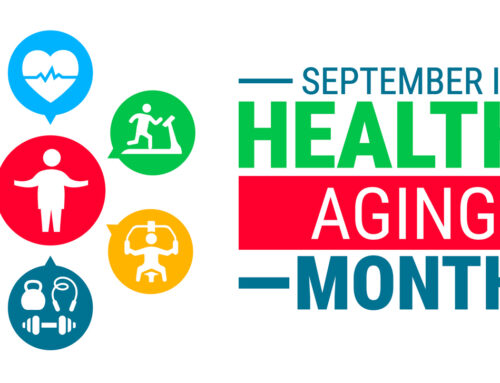As we age, maintaining heart health becomes more critical than ever. Heart disease remains the leading cause of death for seniors, but the good news is that it’s largely preventable. By adopting a heart-healthy lifestyle and staying informed, seniors can significantly improve their quality of life and longevity. Here’s what you need to know about keeping your heart strong and healthy in your golden years.
Why Heart Health Matters More as You Age
Aging naturally affects the heart and blood vessels. The heart muscle may become less efficient, arteries can stiffen, and blood pressure tends to rise. These changes increase the risk of heart disease, heart attacks, and strokes. However, age doesn’t have to dictate your heart’s health. By staying proactive and informed, you can take control and minimize these risks.
Top Risk Factors for Heart Disease in Seniors
- High Blood Pressure: Often called the “silent killer” because it shows no symptoms but damages the heart and arteries.
- High Cholesterol: Increases plaque build-up in arteries, leading to heart attacks and strokes.
- Diabetes: Doubles the risk of heart disease by damaging blood vessels.
- Sedentary Lifestyle: Physical inactivity contributes to obesity, high blood pressure, and diabetes.
- Smoking and Alcohol: These habits can cause high blood pressure, heart disease, and other serious health issues.
- Unhealthy Diet: Diets high in salt, sugar, and unhealthy fats increase cholesterol and blood pressure.
Heart-Healthy Habits for Seniors
1. Stay Active:
- Aim for at least 150 minutes of moderate aerobic activity per week, such as walking, swimming, or cycling.
- Incorporate strength training exercises twice a week to maintain muscle mass and bone health.
- Balance exercises can prevent falls and improve overall mobility.
2. Eat a Heart-Healthy Diet:
- Focus on fruits, vegetables, whole grains, lean proteins, and healthy fats (like olive oil and nuts).
- Limit salt intake to reduce blood pressure.
- Cut down on sugar and saturated fats to maintain cholesterol levels.
3. Regular Health Screenings:
- Check blood pressure, cholesterol, and blood sugar levels regularly.
- Visit your doctor for annual heart health assessments.
- Follow your doctor’s advice on medication and lifestyle adjustments.
4. Manage Stress:
- Chronic stress can raise blood pressure and contribute to heart disease.
- Practice mindfulness, meditation, or engage in hobbies that relax you.
- Stay socially connected to combat loneliness and emotional stress.
5. Quit Smoking and Limit Alcohol:
- If you smoke, seek support to quit. It’s never too late to benefit your heart.
- Drink alcohol in moderation—no more than one drink per day for women and two for men.
Warning Signs of Heart Problems
- Chest pain or discomfort
- Shortness of breath
- Pain or numbness in arms, neck, jaw, or back
- Unusual fatigue
- Dizziness or lightheadedness
If you experience any of these symptoms, seek medical attention immediately.
Getting Started with Heart Health
- Talk to Your Doctor: Before making significant lifestyle changes, get a full health evaluation.
- Start Slow: Gradually incorporate exercise and dietary changes to avoid overwhelming yourself.
- Seek Support: Join community groups, fitness classes for seniors, or online support groups for motivation.
Conclusion: Invest in Your Heart, Invest in Your Future
Heart health is the cornerstone of a long and active life. By adopting a proactive approach, seniors can not only prevent heart disease but also improve overall well-being. Small, consistent changes in diet, exercise, and lifestyle can make a significant difference. It’s never too late to take charge of your heart health—start today for a healthier tomorrow.
Resources for Further Reading
- American Heart Association: www.heart.org
- National Institute on Aging: www.nia.nih.gov
- Centers for Disease Control and Prevention (CDC): www.cdc.gov
If you or someone you know is interested in care management or home healthcare services in South Florida, FirstLantic can help. We are locally owned and operated, providing our patients with the highest quality in-home care services in Fort Lauderdale (Broward County), as well as in-home care services in Delray Beach (Palm Beach County), North Miami (Miami-Dade) and Jupiter (Treasure Coast) since 2000. Click here to contact us.
 AVAILABLE 24 HOURS A DAY/7 DAYS A WEEK
AVAILABLE 24 HOURS A DAY/7 DAYS A WEEK Careers
Careers







